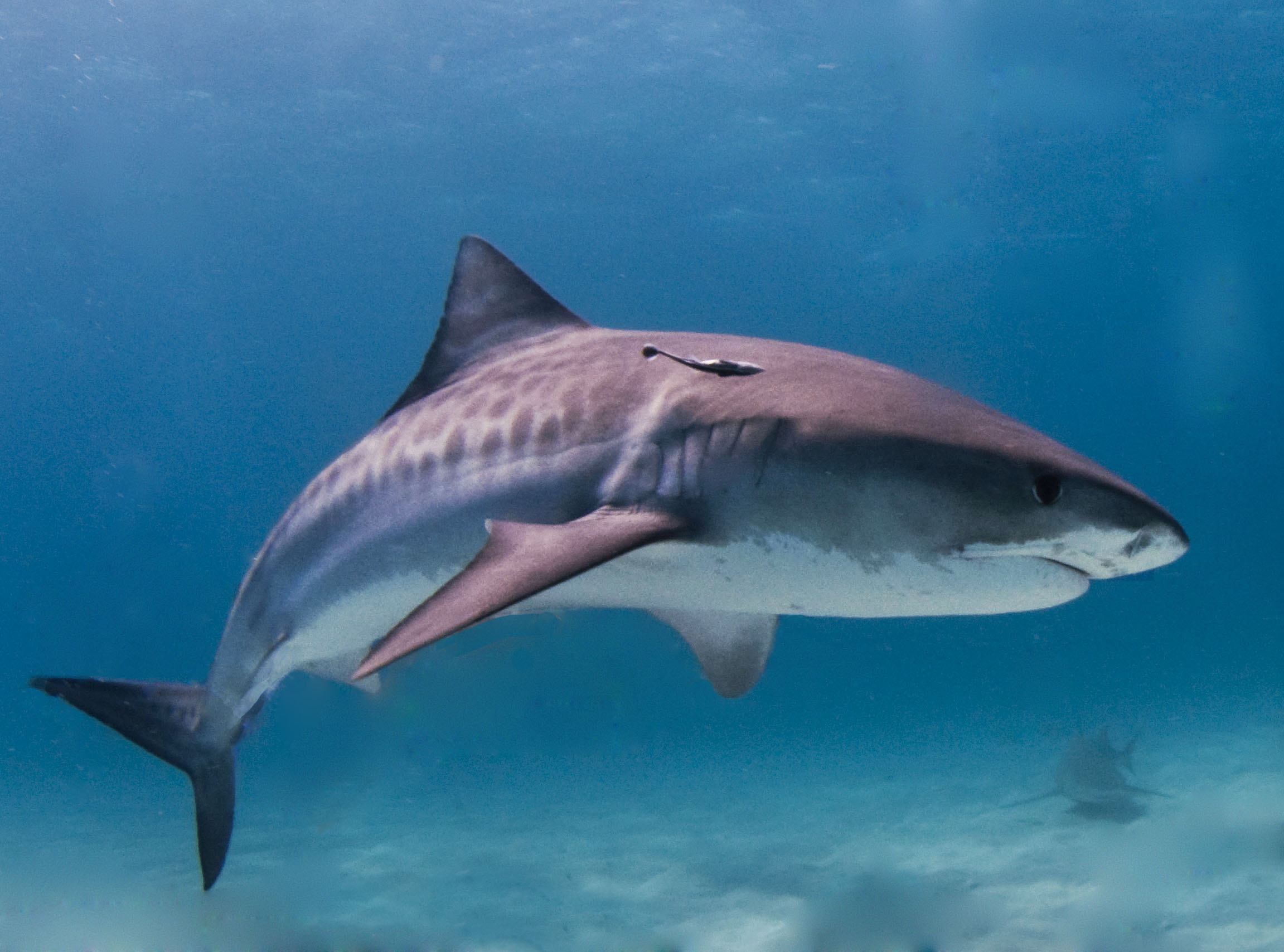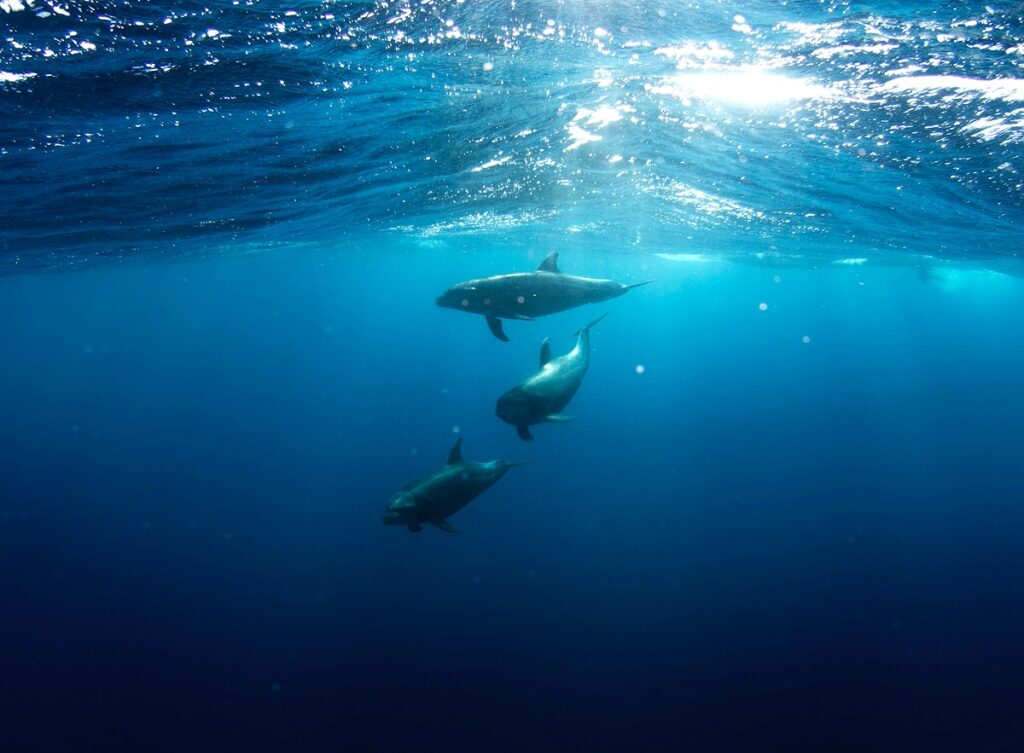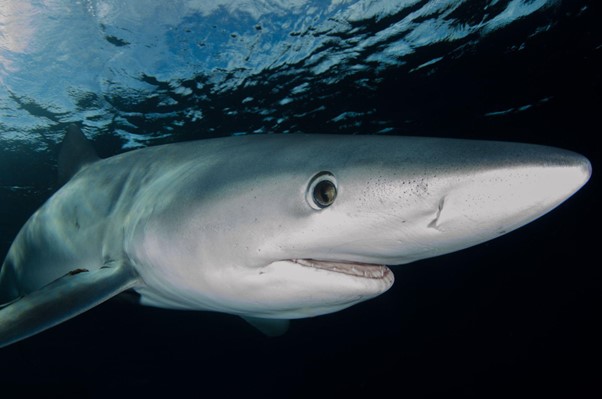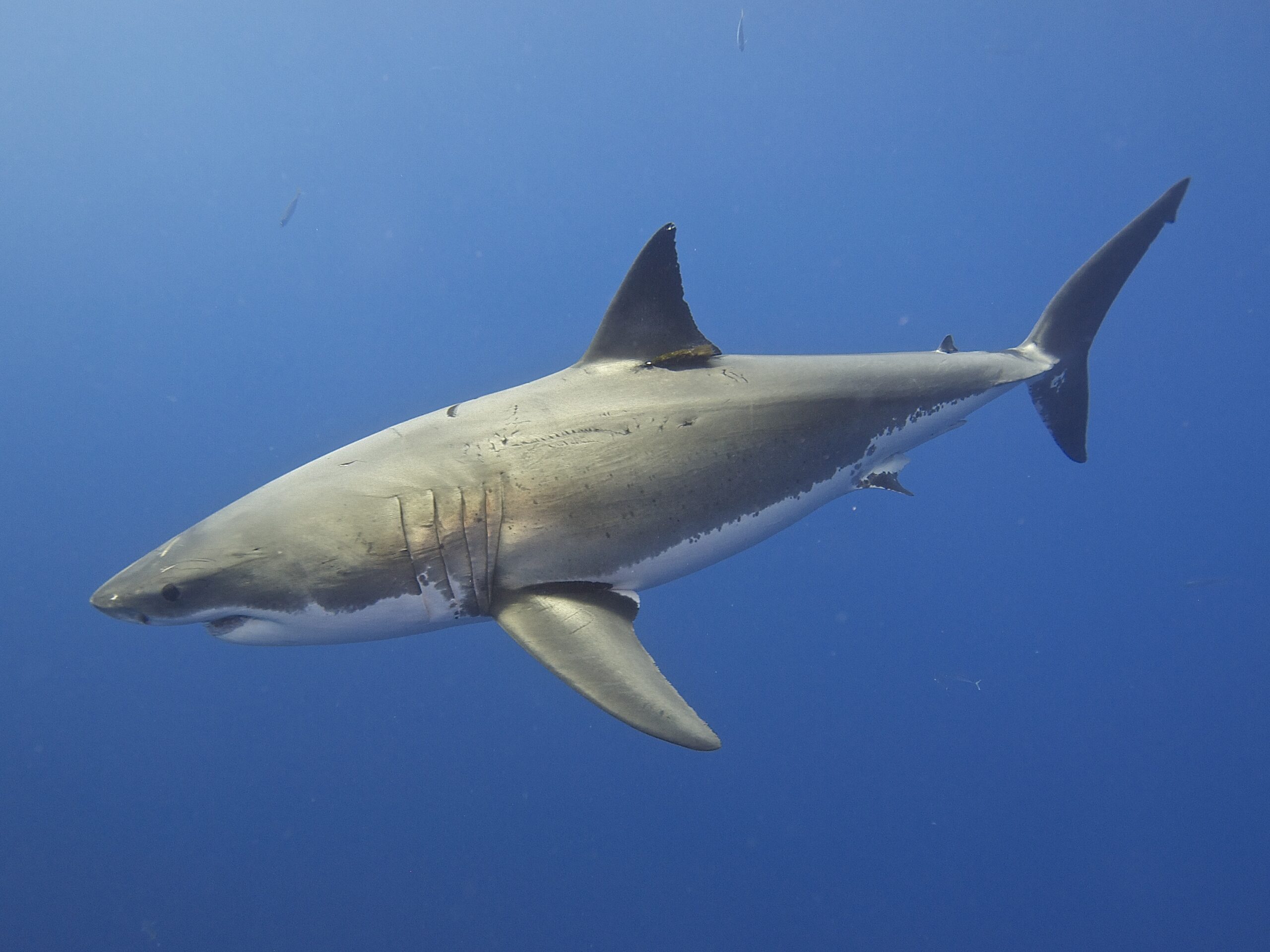Whale! Shark! Together – Whale shark, Horrifying! Despite their name whale sharks are not whales, they are 100% sharks and are named so because of their giant size, they often grow to a length of 40 feet, they filter feed and eat small fishes, planktons and krill. Relax! They are very calm and peaceful species.
The whale sharks belong to the Elasmobranch family – having a skeleton made up of tough cartilage rather than bones. It has been suspected that whale sharks are long lived but how long do they live – is a mystery to be solved because the cartilaginous rings of their skeleton are formed at different times in different species. Are you curious too? Let’s explore more to find out about their life span in detail.
How old are they?
The history of whale sharks has been added to the human records about the ocean and its residents. Furthermore, in 1928, the first specimen of whale shark came to the limelight in the coastal region of South Africa. However, the ancestral history of whale sharks depicts that they go back to the Jurassic and Cretaceous eras about 245 million years ago. There are about 350 species of whale sharks that have been reported in almost all the oceans of the world and were documented as the largest living sharks of the ocean.
How long do they live?
According to the studies, whale sharks are known to live for a longer period of time estimated from 70 to 90 years but the recent data depicted that they can live up to 150 years, incredible! This makes whale sharks one of the longest living ocean animals on the planet. Only 10% of the whale sharks survive to reach the maturity stage and after 30 years they become sexually matured.
Where do they live?
As whale sharks are the largest species of the fish living in the ocean and the largest animal in the world, they are always found swimming in the tropical and temperate ocean water. You can encounter them in the deep and shallow water of Australia and Indonesia where the temperature of water is between 70 to 80 oF. The whale sharks regularly visit the locations where the seasonal food is available in excess for them, as they are extremely foodie! Typically they are found in the coastal regions of Maldives, South Africa, Southeast Asia, Belize, India and Mexico.
Why do they show migratory response?
Possibly there are 2 reasons which made whale sharks to migrate from their locality, the one is food and the other is breeding. Whale sharks are recorded to travel for about 20,000km from Panama to the Mariana Trench in just 841days, this is the largest migratory behaviour documented in the animal kingdom.
Migration allows whale sharks to live in the food rich grounds and avoid competition with other species. Besides food, whale sharks also migrate during the breeding season to find a safe place for their young ones and to protect them from enemies. Another factor which forces whale sharks to roam is the climatic condition, during summer season they travel towards the poles due to warm water and when the winter arrives they head toward the equator in search of food.
Are whale sharks endangered?
According to IUCN (International Union for Conservation of Nature), the population of whale sharks has been reduced to 63% in the last past 75 years and there is a high chance of further decline in their population up to 30%. The reason why they were classified as endangered or vulnerable is change in the climate, air strike by boats and fishing to benefit mankind with their skin, meat, oil and fins.
Final words
Whale sharks have been found swimming in their natural habitat for millions of years. On an average, the whale sharks had a life span of 90 years but recently some species undergoes evolutionary changes and can live for more than 150 years. They loved to swim in warm and shallow water and migrate if the conditions were not suitable for their survival. However, these species are at the risk of being endangered due to human activities as well as climatic changes. Whale sharks need to be conserved and protected as they are healthier and alive than dead!







